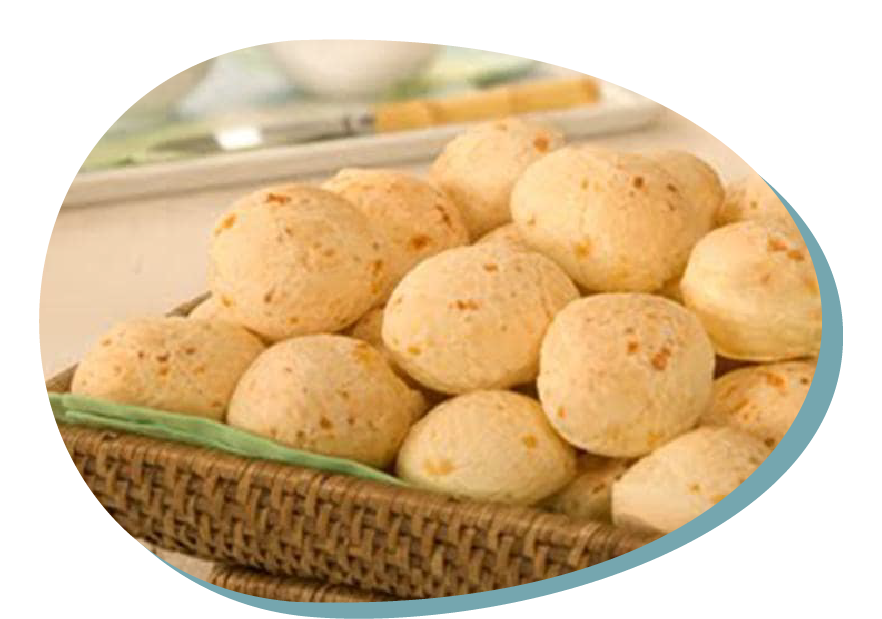Cuñapés
Language: English
Description
To make cuñapés and observe the changes in the dough before and after is baked. To be made by children without help.
Scientific concept introduced
Change on the properties of the cuñapé (outside).
Creative and critical thinking
To observe how the dough changes in the oven.
Mathematical reasoning
To measure the correct amount fo each ingredient.
Scientific thinking
Asking questions, analyzing and solving problems, designing an experiment.
Learning how to learn
Feeling of self-efficacy in learning, building positive self-image, self-regulated learning.
Additional
Hand-eye coordination, following the safety rules and discipline, communicate with others.
Cuñapés
Overall aims
- To identify new ways to combine materials
- To observe the change of state with the temperature
- To observe the malleability of ingredients
- To observe the change of shape keeping the quantity
Vocabulary – keywords should be understood
Baked, shapes, malleability
Expected learning outcomes (operational aims)
- To know the baking process
- To make shapes
STEM skills – to which the learning unit is related to
CORE STEM SKILLS
- Problem-solving
- Initiative
- Communication
ADDITIONAL SKILLS
–
Teaching methodologies/activity outline
Is proposed a receipt to do it by children step by step meanwhile an adult asks questions.
- Step 1. Wash your hands and turn on the oven
- Step 2. Prepare ingredients
- Step 3. In a bowl: Mix milk, yucca and 1 egg
- Step 4. Add cheese and milk
- Step 6. Beat the egg in the same bowl
- Step 7. Add the milk
- Step 8. Knead the dough
- Step 9. Make little balls
- Step 10. Important thing! To cave each ball!
- Step 11. Bake for 15 minutes in the oven!
- Ask question: What do you think happens to the dough?
- Step 14. It’s ready to eat!
Assessment of learning
To review the results:
- The same quantity of each ingredient is kept in different pans
- Combination of ingredients takes delicious flavor
- The temperature helps to bake the dough and to take it edible
- The raw dough is malleable.
Equipment and materials to be used in learning unit (tools, ingredients etc)
Milk, 1 Egg, Flour, Yucca, Cheese, Oven, 1 bowl
Kind of setting
Kitchen with oven
References – source
Image by Ingenio Azucarero Guabirá
Cuñapés
1. Usefulness for STEM education – integrating content of different disciplines
Cross-curricular character of the resource

The range of S-T-E-M subjects included

The presentation of possibilities of including artistic activities (STEAM approach)

2. Expected learning outcomes
Consistency (links) with preschool core curriculum

Communicativeness of description

3. Methodology of teaching
Clarity, communicativeness of instructions for teachers

Meaningful learning – using practical life problems

Original idea

The level of ease in implementing the methodology to preschool age children

The level of ease in preparing necessary ingredients, materials and equipment needed

4. Sustainability
Ecological characteristics of materials/ results

Supporting healthy eating habits

Relation with local traditions of cooking (using local products)

Low ecological footprint

Possibilities of inclusion (respecting cultural diversity and food intolerances)

5. Class management
Using differentiated forms of work – individual, team work etc.

Individual work

Team work

Whole group
6. Time management

Short activity (10-15 minutes)

Medium activity (20-30 minutes)

Long activity (1 hour or more)

Very long activity (1 day or more)
PDF: https://www.printfriendly.com/p/g/f2VTB3

